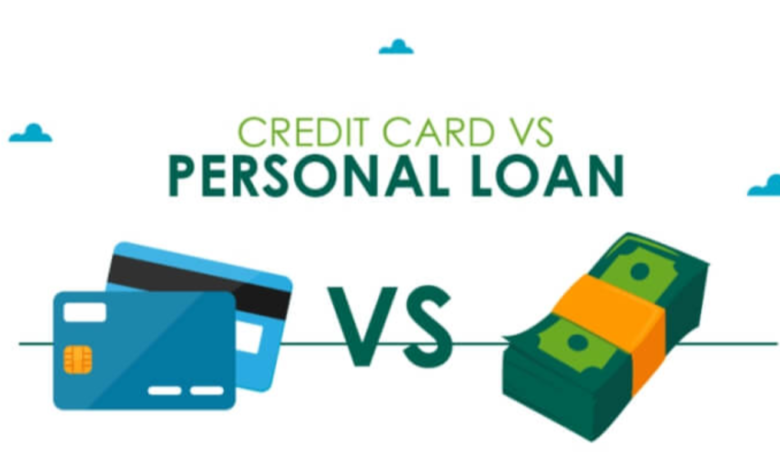Loans vs. Credit Cards: Which Option Is Better for Your Short-Term Financial Needs?: Loans vs. Credit Cards: Which Is Best for Short-Term Financial Needs?

The decision between loans and credit cards for short-term financial needs requires careful consideration of various factors. Loans often present lower interest rates and fixed repayment schedules, which can be advantageous for larger expenses. In contrast, credit cards offer quick access to funds but come with higher interest rates and potential debt pitfalls. Understanding the nuances of each option is essential, as the right choice hinges on individual financial circumstances. What specific factors should one evaluate to make the most informed decision?
Understanding Loans: Types and Features
Loans are financial instruments that allow individuals or businesses to borrow a specific amount of money for a predetermined period, typically with the obligation to repay the principal amount along with interest.
Various types exist, including personal loans, secured and unsecured loans, payday loans, and installment loans.
Interest rates and loan terms may vary, with options available through banks and credit unions, catering to diverse financial needs.
Exploring Credit Cards: Benefits and Risks
How do credit cards compare to traditional loans in terms of financial flexibility?
Credit cards offer immediate access to funds and the potential for credit card rewards, enhancing their appeal.
However, they also carry risks related to credit utilization, as high balances can negatively impact credit scores.
Balancing these benefits and risks is crucial for individuals seeking financial freedom through credit.
View More Marla Heyman: Who Is Marla Heyman and What Is Her Impact in the Industry?
Comparing Interest Rates and Fees
The differences in interest rates and fees between credit cards and traditional loans significantly impact financial decision-making.
An interest rate comparison reveals that credit cards often have higher rates, particularly for unpaid balances, while loans typically offer lower rates due to structured repayment plans.
Additionally, fee structures for credit cards may include annual fees and late charges, which can further influence overall costs.
Assessing Your Financial Situation
Assessing one’s financial situation is crucial before deciding between loans and credit cards. A thorough budget analysis helps identify monthly expenses and potential savings, while an income assessment reveals the ability to repay borrowed funds.
Making the Right Choice for Your Needs
Understanding the financial landscape lays the groundwork for making informed decisions about borrowing options.
Individuals must evaluate how loans or credit cards align with their personal financial goals. Analyzing repayment strategies is crucial, as each option presents different terms and conditions.
Ultimately, selecting the appropriate financial tool hinges on the borrower’s circumstances, preferences, and capacity to manage repayment effectively without compromising future financial freedom.
Conclusion
In the end, the decision between loans and credit cards hinges on individual financial circumstances and needs. While loans may offer lower interest rates and structured repayment plans, credit cards provide immediate access to funds with potential rewards. Ultimately, it is essential for individuals to assess their financial situation, weighing the pros and cons of each option. As the saying goes, “a penny saved is a penny earned,” making thoughtful consideration crucial to avoid unnecessary debt and financial strain.






